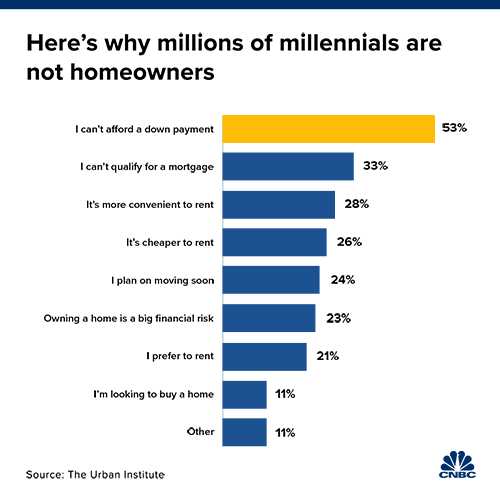
Coronavirus Brings Change, but the Church Brings Hope
Let’s discuss briefly discuss the notion of change. I think the topic is relevant to our current circumstances. After all, since the coronavirus has invaded our lives, things haven’t been the same. And so-called experts have been predicting that our lives will likely be altered moving forward even post COVID-19. The new normal is change–or is it?
It seems change has always been busy flipping things upside down. Looking back, great ancient thinkers have been grappling with how our fragile, finite lives fit into what seems an infinitely long history. From the Greek philosopher Heraclitus: “No man ever steps in the same river twice, for it’s not the same river and he’s not the same man.” According to this philosophy, everything is always changing, but is this idea encouraging?
Well, according to our conventional wisdom, change is at the very least uncomfortable. As is said, life begins at the end of your comfort zone. There’s some truth to that statement, although I’m sure we could come up with a better first cause to life itself. Nonetheless, by pushing the limits of our constructs, we do seem to on average end up with better outcomes. We make progress, and our culture praises and rewards progress.
But with progress comes the doomsday scenarios. Technology, globalization, and other harbingers of the 21st century have brought us a virus that spreads faster than Amazon can ship packages. I know the economic downturn–with its losses in jobs for many Americans–have also purged hope from our lives. Many Millenials were already struggling to keep their heads above water. Other younger Americans are pessimistic about whether they will ever be able to own a house.[1] Change makes for a distant, indifferent god. Her fortunes are devoid of hope.

In an increasingly secular America, hope is poorly delineated, often left in abstract terms about ever more uncertain tomorrow. I guess we’re all shooting for Mars. Progress must colonize the cosmos.[2] These utopian visions of humanity don’t seem to inject life-giving energy into our most poor and marginalized communities. And they don’t seem to do much better for everyone else. All you have to do is look at recent trends around mental health. There seems to be an uptick in depression, suicides, and just general sadness compared to previous generations.[3] I am particularly worried about men who attempt suicide at a rate of about 3.56x that of women.[4]
How can we embrace change and yet still have hope? Is life nothing more than a giant dice role? While society has attempted to remove the divine and other talismans from our daily affairs, defaulting to fatalism isn’t so tempting. We want to do something to make things better. Many of us want to save our neighbors from the virus–look at the money lost and effort spent on social distancing.[5] This notion of loving our neighbors sounds a lot like a Bible verse to me.
While some have been quick to mock some Churches’ responses to the coronavirus,[6] I have been encouraged by the community representing Christ’s upsidedown kingdom.[7] Their prayers, words of encouragement, and impromptu worship sessions have been a salve–deflecting the general paranoia and frustration with government bureaucracy. Whatever is left of religion in America, it is still good at providing hope. According to certain tales, Jesus Christ is coming back someday to restore the universe to glory. In the meantime, death has still lost its sting. Critics may have argued that Christians are opting out of life, but I think we are making it livable right now.
From this CNBC article: The homeownership rate among millennials, ages 25 to 34, is around 8 percentage points lower than it was for Gen Xers and baby boomers when they were in the same age group. ↩︎
From Elon Musk: “I think there are really two fundamental paths. History is going to bifurcate along two directions. One path is we stay on Earth forever, and then there will be some eventual extinction event. I do not have an immediate doomsday prophecy, but eventually, history suggests, there will be some doomsday event. The alternative is to become a space-bearing civilization and a multi-planetary species, which I hope you would agree is the right way to go.” ↩︎
From this NBC article: Major depression is on the rise among Americans from all age groups, but is rising fastest among teens and young adults, new health insurance data shows. ↩︎
Statistic is from the American Foundation of Suicide Prevention. It’s up to date as of 2018 ↩︎
This New York Times article is good example of the mocking: “Trump’s response to the pandemic has been haunted by the science denialism of his ultraconservative religious allies.” ↩︎
As a side note, most churches did shutdown during coronavirus. For example, according to Christianity Today “ninety-three percent of Protestant churches are closed in America, for fear of spreading COVID-19.” ↩︎